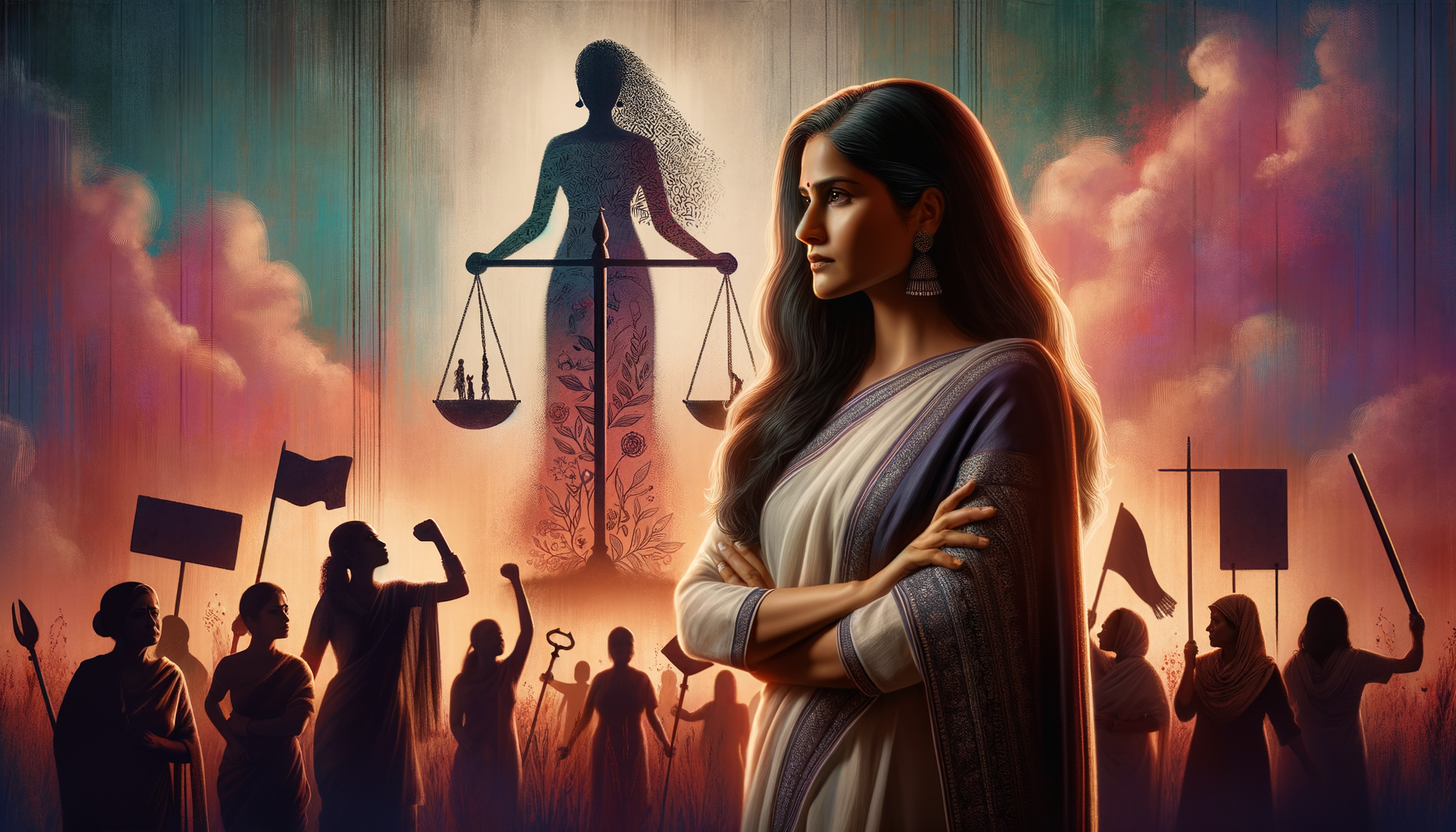Malavika Mohanan Addresses Root Causes of Women’s Atrocities in India
Indian actress Malavika Mohanan has recently taken a stand against the persistent and troubling violence against women in India. Through her candid insights and calls to action, she aims to spark a broader conversation on eliminating these evils from society. As the country reels from various incidents that highlight the vulnerability of women, Malavika’s voice offers a critical perspective on addressing and eliminating the root causes of such atrocities.
The Current Scenario
The issue of violence against women in India is not new. Statistics reveal a grim reality: women face a multitude of threats, from domestic violence to sexual assault. Despite various laws and measures aimed at protecting women, the instances of such crimes have shown little sign of decline.
Recent Incidents Highlighted
- **Domestic violence** affecting millions of women annually.
- **Sexual harassment and assault**, prevalent in both urban and rural settings.
- **Honor killings** and **dowry-related deaths** continuing unabated.
Malavika Mohanan’s Perspective
Malavika Mohanan, well-known for her performances in various Tamil and Malayalam cinema, has shown remarkable candor and concern over these issues. In a recent statement, she emphasized the need for society to look beyond superficial measures and tackle the root causes of these atrocities.
Addressing the Root Causes
According to Malavika, one of the primary steps in combating violence against women is to address the **deep-seated gender biases** that exist in society. She suggests a multi-pronged approach:
1. Education and Awareness
Education serves as the bedrock of societal change. Malavika emphasizes that:
- **Comprehensive sex education** should be mandated in schools to teach young minds about consent and respect.
- **Gender studies** should be part of the curriculum to promote equality and dismantle stereotypes.
- **Public awareness campaigns** should be launched to address and challenge societal norms that perpetuate gender violence.
2. Legal Reforms and Enforcement
Another crucial aspect is reforming the legal system to better protect women. Malavika suggests:
- **Stronger laws** against domestic violence and sexual assault.
- **Specialized courts** to handle cases of violence against women, ensuring swifter justice.
- **Training law enforcement** officials to handle such cases sensitively and efficiently.
3. Societal Shifts
Creating a society where women feel safe requires changing the underlying social fabric:
- **Encouraging male allies** to speak out against gender violence.
- **Community programs** to support survivors of violence and integrate them into society.
- **Promoting women’s leadership** in various sectors to create a more balanced power dynamic.
Engaging Men in the Conversation
One of the key points Malavika makes is the importance of involving men in the discourse surrounding violence against women. By making men allies in this fight, we can create a more inclusive approach to tackling these issues.
**Engagement strategies** can include:
- **Workshops and seminars** targeting men to educate them on gender sensitivity.
- **Mentorship programs** where men can learn from women leaders.
- **Campaigns that challenge toxic masculinity** and promote healthy expressions of masculinity.
Conclusion
Malavika Mohanan’s call to action is both timely and necessary. The violence against women in India demands immediate and comprehensive strategies that address its root causes. By focusing on education, legal reforms, societal shifts, and male engagement, we can hope to make significant progress in creating a safer and more equitable environment for women in India.
As Malavika wisely observes, the responsibility rests on all of us. It is only through collective action and sustained efforts that we can hope to see an end to these atrocities and build a society that truly respects and protects its women.
“`

